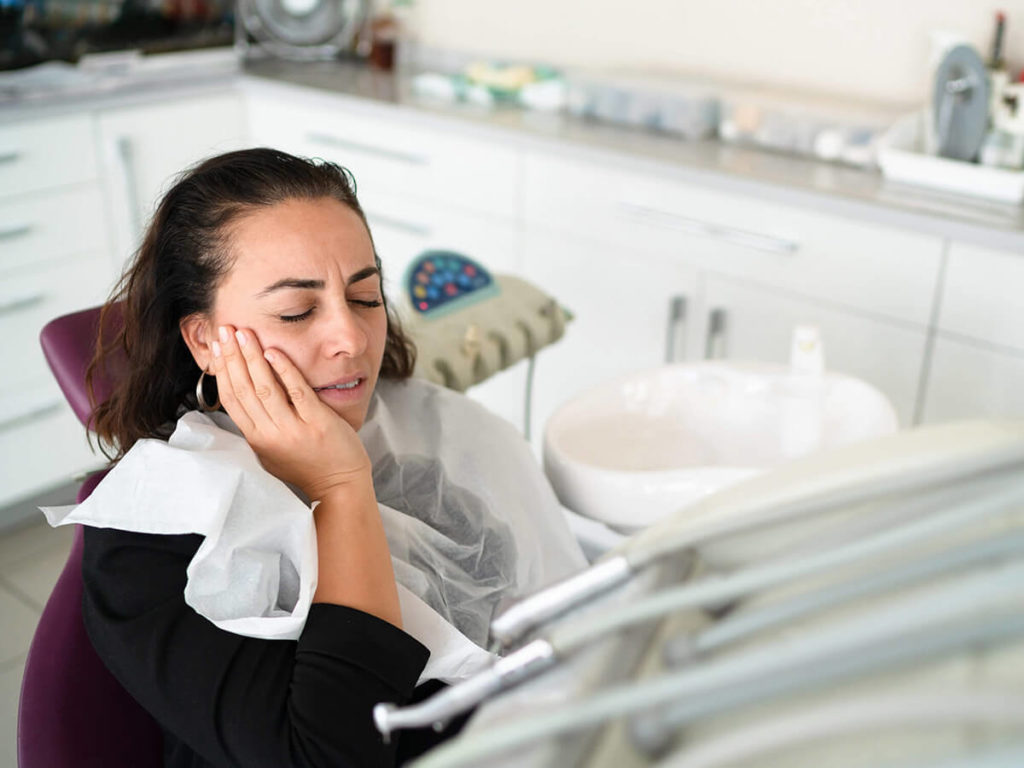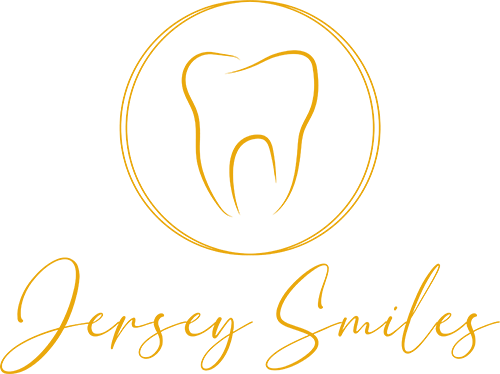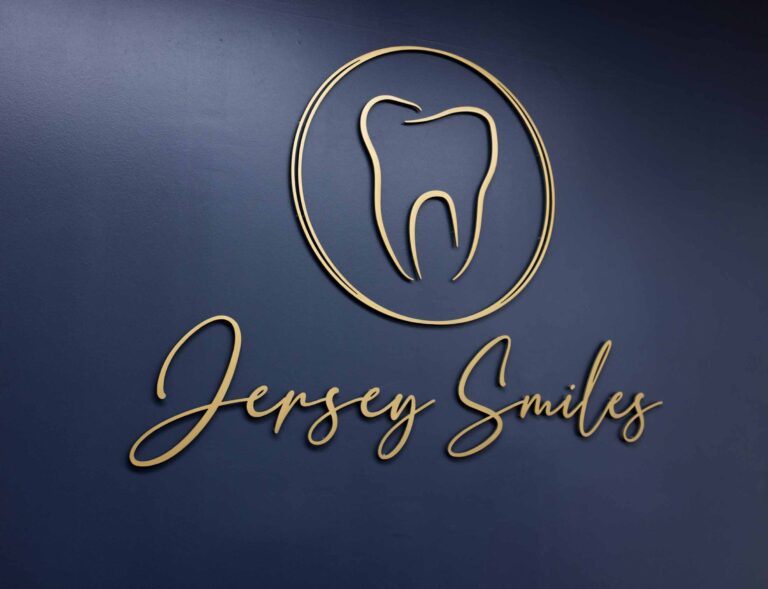Emergency Dentistry
Dental problems can occur unexpectedly, and scheduling appointments in advance is not always possible. In emergency dentistry needs, we are committed to restoring your smile as quickly as possible so that you can get rid of the pain and injury and move on.
Your Trusted Emergency Dentist In Tinton Falls, NJ

-
What is a dental emergency?
Dental emergencies can occur due to several reasons. Some examples include sudden and severe toothache, chipped or cracked teeth due to accidents, loose or damaged dental restoration, or tooth loss. To determine if your situation is an emergency, ask yourself the following questions:
- Are you experiencing severe pain or swelling?
- Do you have a painful toothache that persists?
- Have you lost a tooth, or is it loose?
- Are you experiencing swelling in your cheeks or face along with toothache?
- Do you have extreme tooth sensitivity?
- Is there continuous bleeding from your mouth?
- Have you injured your jaw?
Any dental problem requiring immediate treatment to stop bleeding, alleviate severe pain, or save a tooth should be considered an emergency. This includes severe infections that can be life-threatening and need immediate professional attention.
-
What’s the best way to handle a dental care emergency?
In a dental emergency, the best action is to contact your dentist immediately. Visiting the nearest emergency room is recommended if you are experiencing a severe issue outside regular office hours.
However, there are some things you can do to alleviate the pain and help the situation, depending on the type of dental emergency you are dealing with. Here are some suggestions:
- Dissolve a teaspoon of salt in a warm mug of water and use it as a mouthwash.
- Try flossing to eliminate gum pressure.
- Apply a cold compress on the swelling or painful area.
- Rinse with diluted Hydrogen Peroxide to kill bacteria.
- Take over-the-counter pain medication to alleviate pain.
Remember that these are just temporary solutions. You should still contact your dentist as soon as possible to receive proper care.
-
What should I do if I have a knocked-out tooth?
If you have a knocked-out tooth, handling it carefully is essential to increase the chances of reattachment. Here are the steps you need to follow:
Don’t touch the roots or top of the tooth. Only pick up and handle your lost tooth by the sides and chewing surface.
Clean the tooth gently using water or milk, but don’t try to rub, scrub, dry off, or use soaps or chemicals to clean it.
Put the tooth back in the socket, if possible. Once cleaned, gently replace the tooth, handling only the sides and bottom. Make sure your tooth is oriented correctly and not backward. Only try to force it if it fits appropriately.
If you can’t put it back, keep it moist. Placing the tooth in a glass of milk to soak is a great option. Alternately, you can softly hold the tooth between your gums and cheek. However, this shouldn’t be done with younger children who could swallow the tooth. Don’t use tap water to soak a knocked-out tooth because it could damage the roots. If you don’t have cow’s milk and can’t hold your tooth in its socket or your cheek, spitting into a container and soaking the tooth in saliva is the next best option.
Call the dentist immediately. Getting to a dentist as quickly as possible is critical. Reattaching a tooth an hour or more after it has been knocked out is possible. The sooner you see a dentist, the better the chance of reattaching it.
More Questions?
If you have more questions about emergency dental care, please contact our office and we will be happy to discuss further.

